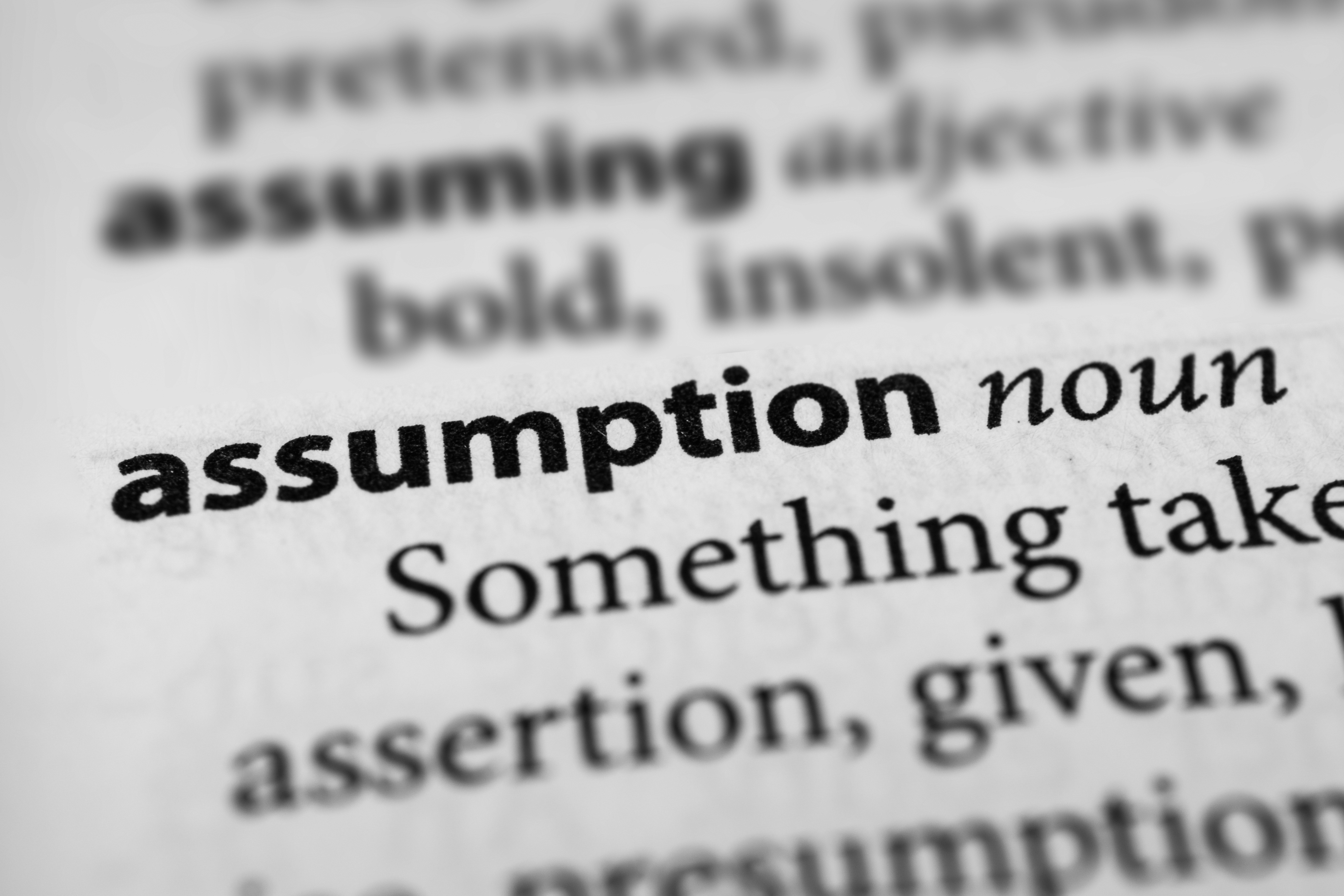“We’ve never seen anything like this. We’re in new territory. Energy, which was a basic good, is now becoming a luxury good.”
While gas storage facilities across the continent have been filled for winter, colder than average weather could still lead to rationing and “major economic, political, and social stress,” according to a Foreign Policy report.
Officials across Europe are urging all thermostats to be lowered to 66 degrees. Residents have been told to save energy by wearing sweaters and jackets indoors and cutting time in showers to two minutes. Pools are no longer heated, leading to mandatory wetsuit policies.
The long-term economic impacts of the new European energy economy are also becoming clear. The New York Times reports:
“[High energy prices are] forcing shutdowns at energy-intensive businesses, including the production of steel, chemical and glass. Companies are furloughing workers. Governments are issuing more debt to shield households and businesses from pain. There are growing projections that the energy crisis will tilt Europe into a recession next year.”
While European energy challenges may feel distant and irrelevant, Californians should take note. After all, Governor Newsom is following the same energy policy playbook that led Europe into crisis.
Like Europe, California depends heavily on foreign sources of energy for basic needs, importing more than 70% of the oil it uses every day. And, like Europe, that heavy dependency makes the state vulnerable to supply interruptions and price volatility in an unstable world.
Of course, vulnerability doesn’t have to be the mantra of California’s energy policies. Unlike in Europe, the Golden State could do more to guarantee energy security and reliability through domestic production.
Unfortunately, the state’s energy policies are pushing in the opposite direction, and crude production is declining steadily under Newsom. Prospects for a rebound are dim: More than 1,200 applications to bring badly needed oil to market are currently being ignored by the state.
The lessons of Europe’s energy crisis are clear. To protect its energy and economic security, California must support continued in-state oil production.


